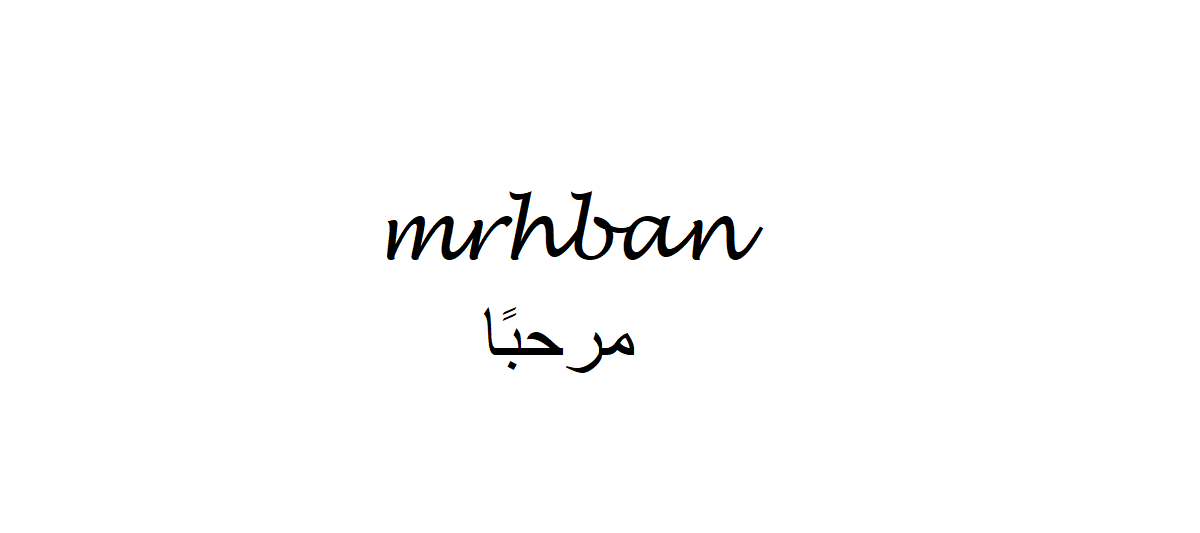Arabic is a beautiful language who take their greetings very seriously, as most countries due. It has many different ways and variations on how to say “hello”, with each one carrying its own unique meaning. Depending on the context, you can choose from a variety of greetings that range from formal to informal. Here are five ways on how to say hello in Arabic:

How To Say Hello in Arabic
1) Marhaba – This is probably the most common way to greet someone in Arabic. It literally means “welcome” and can be used for both formal and informal occasions.
2) Ahlan wa Sahlan – This phrase translates as “you are welcome here” or “peace upon you” and it is considered more formal than Marhaba.
3) As-salamu Alaykum – This greeting literally translates as “Peace be unto you” and it is commonly used among Muslims when they meet up with friends or family members at religious gatherings like Friday prayers at mosque or Eid celebrations.
4) Sabah al-khair – This expression translates as “Good morning!” It can be used anytime during the day but typically when you first see someone in the morning hours before noon time (12pm).
5) Ma’assalama – This phrase also roughly translates as “goodbye” but it’s often used informally instead of formally saying goodbye like “ma’as salaam”. It’s usually said after spending some time with someone, such as saying farewell after lunch together, or when leaving their house after visiting them for example. No matter which way you decide to greet someone in Arabic, it will always show your respect for their culture and language while expressing your warm wishes for them too!
Example Sentences in Arabic
1. Hello, it’s nice to meet you. – أهلا من اللطيف مقابلتك – ahlan min allatif muqabalatuk
2. Welcome to our home. – مرحبا بكم في المنزل – marhaban bikum fi almanzil
3. We’re glad you could join us today. – يسعدنا أن تنضم إلينا اليوم – yuseiduna ‘an tandama ‘iilayna alyawm
4. Greetings from my family to yours. – تحيات عائلتي لك – tahiaat eayilati lak
5. Let me introduce myself, I’m John Smith. – اسمحوا لي أن أقدم نفسي ، أنا جون سميث – asmahuu li ‘an ‘uqadim nafsi, ‘ana jun smith
6. How can I help you? – كيف يمكنني مساعدك؟ – kayf yumkinuni musaeiduka?
7. Hi there, what brings you here? – مرحبًا ، ما الذي أتى بك إلى هنا – mrhban , ma aladhi ‘ataa bik ‘iilaa huna
8. Come on in and make yourself at home. – تفضل و تصرفك كأنك في منزلك – tafadal w tasarufuk ka’anak fi manzilik
9. It is a pleasure having you here with us today. – إنه لمن دواعي سروري وجودك هنا معنا اليوم – iinah lamin dawaei sururi wujuduk huna maeana alyawm


 Good Morning in Arabic
Good Morning in Arabic